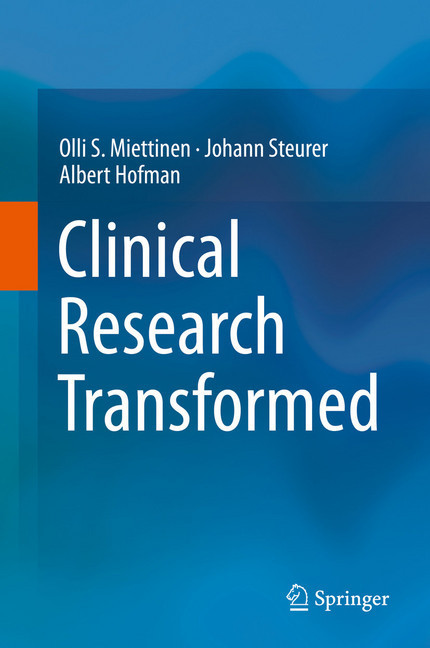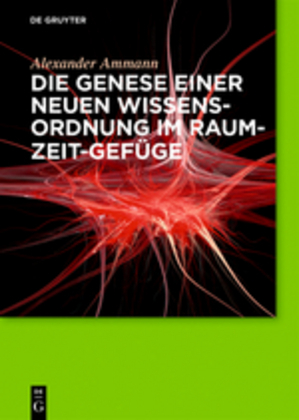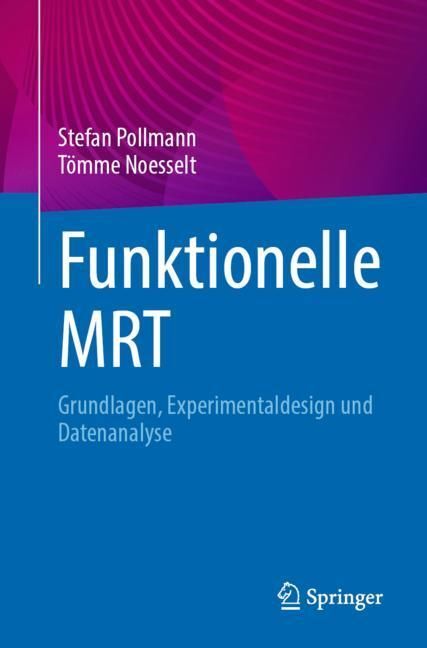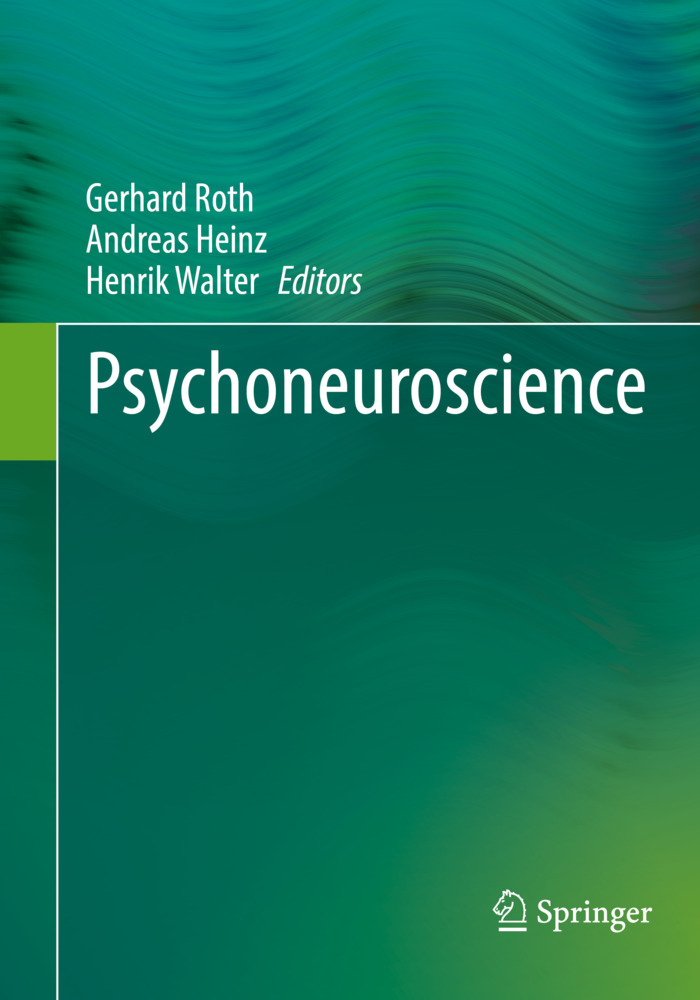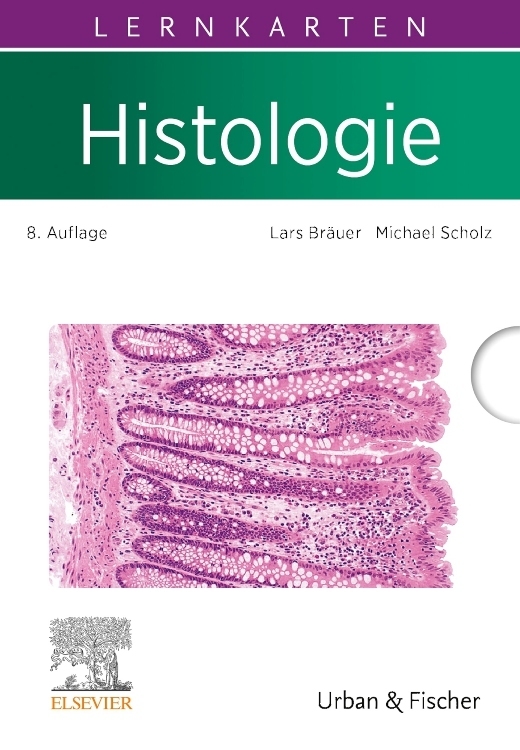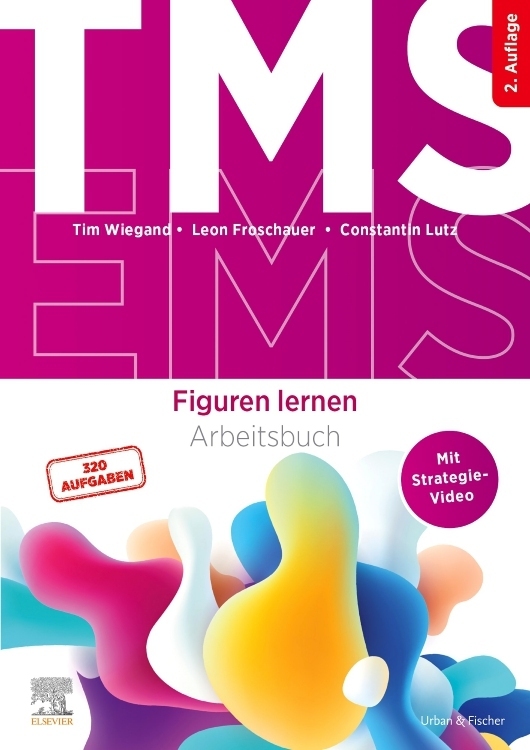Clinical Research Transformed
Clinical Research Transformed
In this Information Age, the practices of clinical medicine should no longer be based on what clinical doctors actively know. Rather, all of the importantly practice-relevant knowledge should not only already exist but also be codified in cyberspace, in directly practice-guiding 'expert systems' -- for the benefit of both doctors and patients everywhere.
Each of these systems (discipline-specific) would, prompted by a particular type of case presentation, present the doctor a questionnaire specific to cases of the type at issue, and document the doctor's answers to the questions. If at issue would be a case of complaint about a (particular type of) sickness, the system would translate the resulting diagnostic profile of the case into the corresponding probabilities of the illnesses to be considered. Similarly, if at issue would be an already-diagnosed case of a particular illness, the system would ask about, and record, the relevant elements in the prognostic profile of the case and then translate this profile into the probabilities of various outcomes to be considered, probabilities specific to the choice of treatment and prospective time in addition to that profile. And besides, these systems would analogously address the causal origin -- etiogenesis -- of cases of particular types of illness.
While the requisite knowledge-base for these systems -- notably for the probabilities in them -- has not been addressed by such 'patient-oriented' clinical research as has been conducted (very extensively) up to now, this book delineates the nature of the suitably-transformed research (gnostic). The critically-transformative innovation in the research is the studies' focus on Gnostic Probability Functions -- dia-, etio-, and prognostic -- in the framework of logistic regression models.
This book also presents a vision of how this critically-transformative research would most expeditiously be provided for and also conducted, among select sets of academic teaching hospitals.Foreword
PrefaceAcknowledgements
Essence of Clinical Medicine
Essence of Clinical Research
Clinical Research and Clinical Medicine at present
Clinical Research Transformative of Clinical Medicine
Core Concepts of Epidemiology and Epidemiological Research
The Epidemiological Interface of Gnostic Clinical Research
The Logistic Regression Model
Statistics from the Model's Fitting to Gnostic Data
The Types of Diagnostic Challenge and Needs for Knowledge
Harvesting Experts' Diagnostic Probability Estimates
Objects Design for a Diagnostic Probability Study
Methods Design for a Diagnostic Probability Study
The Bayes' Theorem Framework for Diagnostic Research
Research Focused on Diagnostic Tests
Introduction to Etiognostic Research
Objects Design for an Etiognostic Study
Methods Design for an Etiognostic Study.- Introduction to Prognostic Research.- Example: Research on 'Hormone Replacement Therapy'.- Prognostic Probability Functions from Clinical-trial Data.- Non-experimental Intervention-prognostic Studies.- Intervention-prognostic Derivative Research.- Theory of Medicine Defining the Essential Missions for Clinical Research.- Theory of Clinical Research for Its Essential - Gnosis-serving - Missions.- Toward Worldwide Scientific Clinical Medicine.- Glossary.- Appendix 1: What about 'Machine Learning'?- Appendix 2: On Excellence of Epidemiologic Academia.- Index.
Miettinen, Olli S.
Steurer, Johann
Hofman, Albert
| ISBN | 978-3-030-06175-3 |
|---|---|
| Artikelnummer | 9783030061753 |
| Medientyp | Buch |
| Auflage | 1st ed. 2019 |
| Copyrightjahr | 2019 |
| Verlag | Springer, Berlin |
| Umfang | XXIV, 302 Seiten |
| Abbildungen | XXIV, 302 p. 2 illus. |
| Sprache | Englisch |


